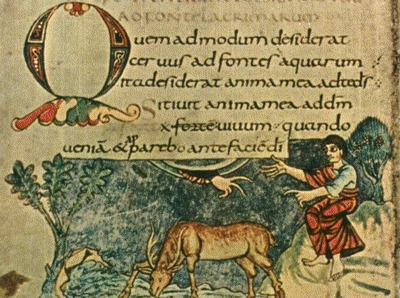
|
| ||||||||||||||||||||||||||||||||||||||||||||||||||||||||||||
|
||||||||||||||||||||||||||||||||||||||||||||||||||||||||||||
|
| ||||||||||||||||||||||||||||||||||||||||||||||||||||||||||||

about the english alphabetEnglish is the lingua franca of the modern world. We all take it for granted, but the machinery of the world would grind to a halt without it. You may find exploring the origin of this wonderful, workaday linguistic tool surprisingly interesting. the nature and history of the english alphabetThe English alphabet comes to us by way of the 5th century Runic alphabet and the 7th century Latin alphabet. Language and alphabets develop together. The English language grew out of the Germanic language of the British Isles, historically termed Old English. Old English dates from about 450 CE to 1150 CE. It evolved slowly into Middle English, which dates from about 1150 CE to c1475 CE. Language scholars generally agree that Modern English began about 1475 CE. See the letters of the english alphabetIf you grew up in America, England, Australia, or another country where English is a native language or a legal primary or secondary language; or if you learned English as a youth anywhere else, the English alphabet is the alphabet you used when you learned how to write. You probably don't need to see the letters of the alphabet because you know it like the back of your hand. The same is true if you learned to write informal or pigeon English. But if you're learning English now, if you studied English as a second language in school, or if you never were formally taught to write or speak formal or informal English, you may want to keep this alphabet close; it's a handy reference.
download your personal copy of the english alphabetDownload a copy of the English alphabet for your personal use or for someone else. Keep it handy on your computer for future reference or print a copy and carry it with you. It runs on any personal computer, PDA, cell phone, or on any device that supports the Adobe Reader.
Explore other alphabetsFind links to other alphabets and explore them at The Muse Of Language Arts page called Alphabets, Letters, And Words: click here.ETAF RecommendsA lot has happened since Rome in the 5th century. The full history of the English alphabet is more than The Muse Of Language Arts can cover here. Want to extend your reach? Want a very readable and entertaining yet authoritative treatment you can explore further? If the answer is yes, Letter Perfect: The Marvelous History of Our Alphabet From A to Z, by David Sacks is for you. It does the job in only 400 pages, which is a small number considering the size of the subject. The focus is on the history of the English alphabet but you learn a lot about all alphabets around the world through history. Consider acquiring the inexpensive paperback edition. If you like Letter Perfect, also consider Language Visible, also by David Sacks. Bot these books are for adults. If you're looking for something more suitable for children, consider Ox, House, Stick: The Story of Our Alphabet, by Don Robb. Those who are interested in alphabets are usually also interested in the history of language. In large measure, this may be the case because the history of a language is partly a history of its alphabets, and vice versa. If you are a philologist, or if you are one of those people who love linguistics and language, you will profit enormously from a book titled, Inventing English: A Portable history of the Language, by Dr. Seth Lerer. Inventing English is a must-read for anyone interested in the English language, its history, its evolution, and the way language evolves. It's a fascinating, enjoyable, easy-to-read history that traces how much of today's English came to be the way it is. What makes this book even sweeter is that it is written by Dr. Lerer, an entertaining and intelligent writer and one of the most interesting scholars alive today. He can make a subject sing.
Among his many accomplishments, Professor Lerer is a lover of language in all its many facets, a Chaucer scholar, an expert on the history and evolution of the English language, a lover of children's literature, a Milton and Elizabethan literature specialist, and an expert on academic scholarship itself. He is an absolute authority on any subject he cares to explore.
Search this web site with Electricka's Search Tool:
tap or click here
Electricka's Theme Products
Shop At Cafe Press
This web site and
its contents are copyrighted by
Decision Consulting Incorporated (DCI).
All rights reserved. |
| |||||||||||||||||||||||||||||||||||||||||||||||||||||||||||




